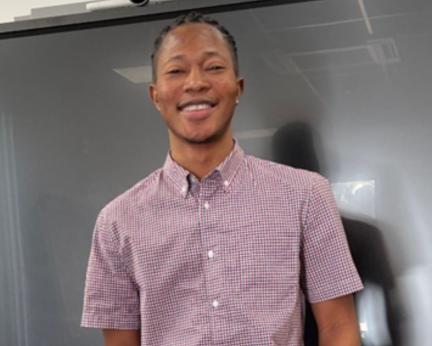Becoming a mental health nurse was a deeply personal journey for me. Growing up in a Black African community, mental health was often stigmatised, and there was a lack of awareness around the importance of mental well-being.
I saw these challenges myself after a family friend died due to a lack of awareness of depression and suicide. I was passionate about destigmatising mental health and creating a more compassionate and understanding approach.
I started my studies in 2013 when I enrolled at Baptist Nursing School in Saki, Nigeria and became a registered nurse in 2016. I worked as a general nurse for nine months and then studied mental health nursing at the Post Basic Mental Health School in Aro, Abeokuta. I proudly graduated in November 2019.
I continued to work in Nigeria until November 2021 when I moved to the UK to work as a mental health nurse. This marked a significant chapter in my career. Since then, I have embraced new challenges and opportunities.
Being a Black African nurse I recognise the unique intersectionality of cultural factors that impact on mental health. I wanted to bridge the gap between cultural sensitivity and mental healthcare, ensuring that individuals from diverse backgrounds receive the support they need without feeling misunderstood or marginalised.





